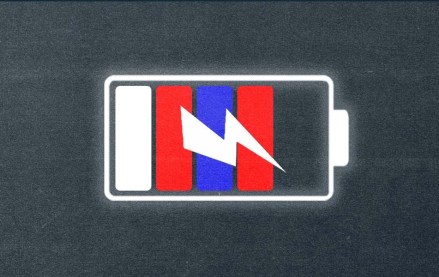Ten spots left to join us in NYC on July 15

If there’s an ambivalent emoji, that’s the face people would give Facebook Reactions.
Back in February, after months of testing, research and quibbling about the design, Facebook excitedly launched the suite of five emoji reactions, from happy to sad, that lets people express their emotions on a post. Turns out, people aren’t using them.
Marketing firm Quintly analyzed 130,000 posts and found that 97 percent of the interactions on them included the use of like button, writing a comment or a share. That means just a measly 3 percent of the time people used a reaction option. The firm concludes that Reactions “are not used very frequently by the average user at this point.”
Of the times Facebook Reactions are used, the “love” emoji is the most popular option.
Research also found that videos, which Facebook predominantly pushes to the top of people’s News Feeds, are 40 percent more likely to incite a reaction than an image.
“The findings reveal that video content is able to stir emotions more than images. The like count for the average image was in contrast higher; thus people seem to express their feelings quicker using the like function,” the firm concluded.
Facebook Reactions is still in its infancy, however, and it takes time for people’s habits to change. The new emojis panel is one of the biggest changes to the user experience in the social network’s history and shifting away from simply hitting the like is proving a tough sell. Plus, some people are still confused on how to use them:
These Facebook reactions are confusing. Like are you being sarcastic? When they put the angry face do they disagree with what you said? IDGI
— Jess Greenfield (@LokietteStar) March 15, 2016
Man those facebook reactions are fucking confusing someone petition to remove them please
— MÉLISSAHAHAHA (@uneballout) March 2, 2016
I hate the range of Facebook reactions and I hate how the context of them makes it seem like “wow” or “angry” is a verb
— Grace Petrie (@gracepetrie) May 4, 2016
That much-requested (and long-denied) dislike button would come in handy right about now.
More in Media

The Rundown: What CMA’s crackdown on Google really means for publishers
The CMA proposed to designate Google as a “strategic market status” under the new Digital Markets Competition Regime.

Media Briefing: As social platforms favor creators, publishers are left out of the referral loop
News outlets losing influence to creators are grappling with meeting audiences on platforms that don’t send traffic to their sites.

LGBTQ+ publishers grapple with a Pride Month ad spend slowdown
LGBTQ+-focused publishers faced a tougher-than-usual Pride month this June, as ad dollars failed to materialize.





